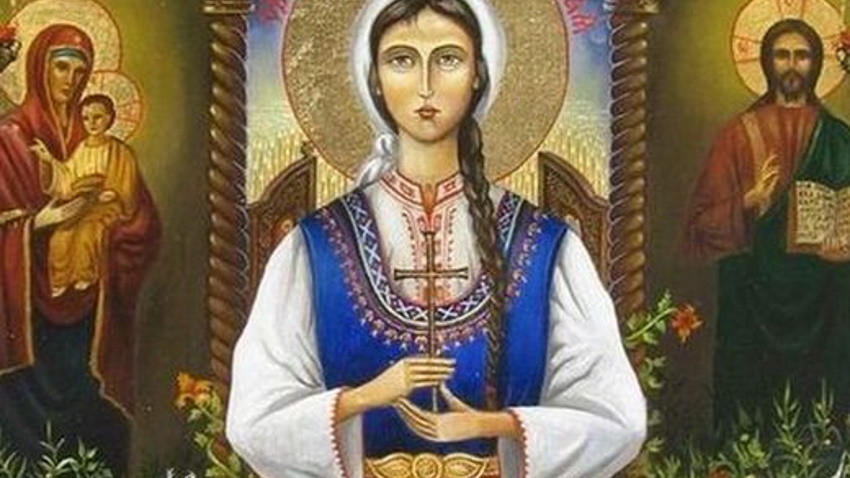
Today is Cheesefare Sunday. According to Orthodox tradition, this day is observed on the eve of Great Lent, when Christians seek and give forgiveness to each other . It is also known as Sirni Zagovezni because it marks the last day before Lent, when..
Priest Lyubomir Bratoev is a direct participant in the events of t he founding of the Bulgarian Orthodox Church community in Berlin . He came to the capital of East Germany in the late 1980s as a doctoral student. And, like a typical Orthodox Christian..
After nearly 35 years, the Bulgarian Orthodox Church Community in London has its own church in the central part of the British capital, in close proximity to the Bulgarian Embassy. There, in the prestigious Kensington district, next to Hyde Park and..
In 2025, the Catholic and Orthodox churches celebrate Easter on April 20. It is more joyful when we celebrate the Resurrection of Christ together...
On that day the Saviour hosted the traditional Passover meal for the Jewish people at the home of a Jerusalemite. Before the meal, as a sign of respect, He..
On Good Friday, the saddest day for Christians, the liturgy commemorates the suffering, crucifixion and death of Jesus Christ, who sacrificed..

+359 2 9336 661
